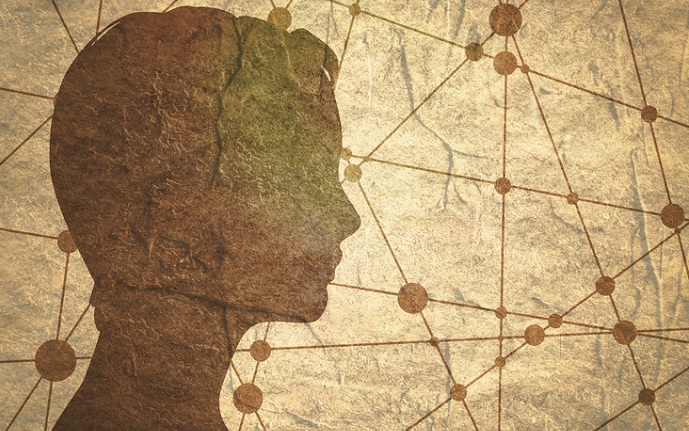Source:- healthitanalytics.com
– Using deep learning technology, researchers from Massachusetts Institute of Technology (MIT) and Massachusetts General Hospital (MGH) were able to predict women’s future risk of breast cancer development more accurately than when they used traditional methods, according to a study published in Radiology.
Current models use factors like genetics and family history to predict risk, but these tools often fall short. Breast density is an independent risk factor for predicting breast cancer risk, but it’s based on subjective assessment that can vary among radiologists.
Researchers developed a deep learning model that could standardize and automate breast density measurements.
“There’s much more information in a mammogram than just the four categories of breast density,” said study lead author Adam Yala, PhD candidate at MIT in Cambridge, Mass. “By using the deep learning model, we learn subtle cues that are indicative of future cancer.”
The team compared three different risk assessment models. The first used traditional risk factors, and the second used deep learning that evaluated the mammogram alone. The third was a hybrid method that used both the mammogram and traditional risk factors into the deep learning model.
Researchers trained and tested the models on nearly 90,000 screening mammograms from about 40,000 women and found that both deep learning models performed with greater accuracy than the traditional model.
When using the deep learning models to predict women’s risk based on breast density, the team found that patients with non-dense breasts and model-assessed high risk had 3.9 times the cancer incidence of patients with dense breasts and model-assessed low risk. These advantages held across different subgroups of women.
“Unlike traditional models, our deep learning model performs equally well across diverse races, ages and family histories,” said Regina Barzilay, PhD, an AI expert and professor at MIT. “Until now, African-American women were at a distinct disadvantage in having accurate risk assessment of future breast cancer. Our AI model has changed that.”
At MGH, clinicians are already using artificial intelligence to assist with breast density measurements. Researchers are tracking its performance in the clinic and working to refine how they communicate risk information to women and their primary care physicians.
“A missing element to support more effective, more personalized screening programs has been risk assessment tools that are easy to implement and that work across the full diversity of women whom we serve,” said Constance Lehman, MD, PhD, chief of breast imaging at MGH and professor of radiology at Harvard Medical School.
“We are thrilled with our results and eager to work closely with our health care systems, our providers and, most importantly, our patients to incorporate this discovery into improved outcomes for all women.”
Deep learning has proven itself to be a reliable support tool for cancer care. In 2018, a team at Google developed a deep learning tool that could detect metastasized breast cancer with 99 percent accuracy.
Researchers at Case Western Reserve University also built a model that achieved 100 percent accuracy when identifying invasive forms of breast cancer in pathology images.
“If the network can tell which patients have cancer and which do not, this technology can serve as triage for the pathologist, freeing their time to concentrate on the cancer patients,” Anant Madabushi, a biomedical engineering professor at Case Western Reserve and co-author of the study, said at the time.
“To put this in perspective, the machine could do the analysis during ‘off hours,’ possibly running the analysis during the night and providing the results ready for review by the pathologist when she/he were to come into the office in the morning.”
The research from MGH and MIT builds on these efforts, and further shows the potential for deep learning to transform cancer care and diagnosis.
“There’s a very large amount of information in a full-resolution mammogram that breast cancer risk models have not been able to use until recently,” Yala said. “Using deep learning, we can learn to leverage that information directly from the data and create models that are significantly more accurate across diverse populations.”
